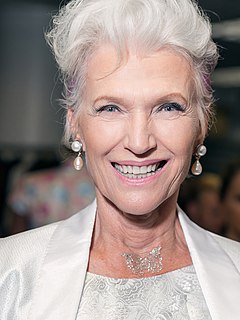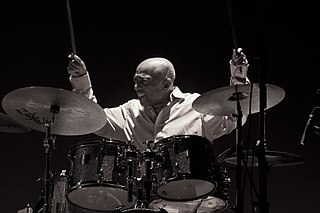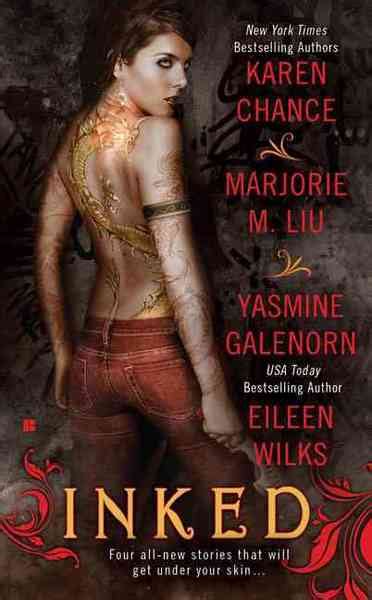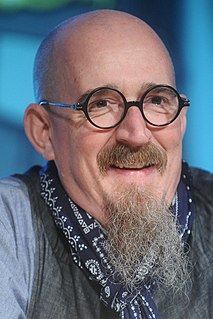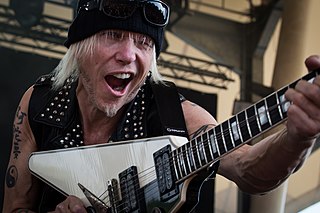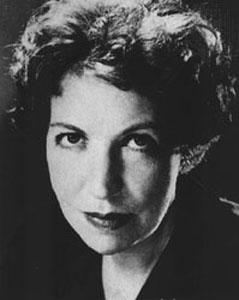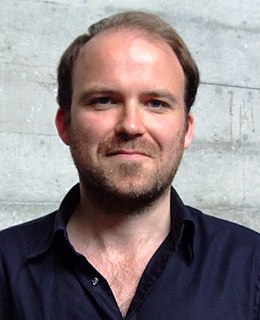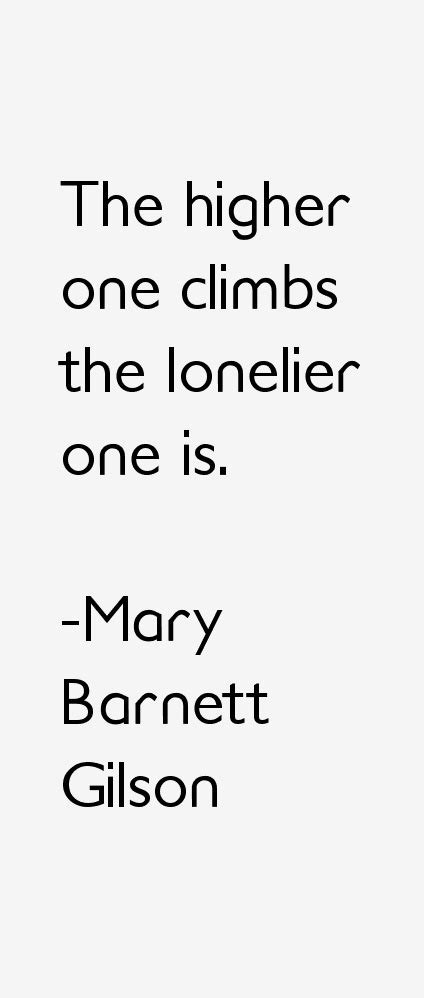A Quote by Maye Musk
I had two brilliant children and one genius. Elon could figure out things when he was very young and was always advanced for his age. He could hold a conversation about something that was way beyond his years, and he read voraciously.
Related Quotes
There was a lot that was tricky about playing with [Thelonious Monk]. It's a musical language where there's really no lyrics. It's something you feel and you're hearing. It's like an ongoing conversation. You really had to listen to this guy. Cause he could play the strangest tempos, and they could be very in-between tempos on some of those compositions. You really had to listen to his arrangements and the way he would play them. On his solos, you'd really have to listen good in there. You'd have to concentrate on what you were doing as well.
He could feel it immediately when his shoulder snapped - the intense pain of his bones cracking. His skin tightened, as if it could no long hold whatever was lurking inside him. The breath was sucked from his lungs like he was being crushed. His vision began to blur, and he had the sensation he was falling, even though he could feel the rock tearing at his flesh as his body seized on the ground.
My father had a real short fuse. He had a tough life - had to support his mother and brother at a very young age when his dad's farm collapsed. You could see his suffering, his terrible suffering, living a life that was disappointing and looking for another one. My father was full of terrifying anger.
Todd's mother had several children by different fathers, and Todd [Willingham] had been abandoned in California. ... He's a good-looking man. He was a witty man, you know? Funny, caring. He wasn't arrogant, but he was kind of set in his ways. If he thought something, it was one way. You could show him an alternative, but he was still going to stick by his particular view. But I could see how to women he could be a very charming, good-looking guy, especially when he was younger.
One of the reasons Batman works as a character is that it's not beyond possibility that he could exist - you could become Batman if you had a billion dollars at your disposal. There's nothing paranormal or superhuman or supernatural about that character. And I think his villains work the same way. You could be one of his villains just as easily.
Who could deny that privacy is a jewel? It has always been the mark of privilege, the distinguishing feature of a truly urbane culture. Out of the cave, the tribal teepee, the pueblo, the community fortress, man emerged to build himself a house of his own with a shelter in it for himself and his diversions. Every age has seen it so. The poor might have to huddle together in cities for need's sake, and the frontiersman cling to his neighbors for the sake of protection. But in each civilization, as it advanced, those who could afford it chose the luxury of a withdrawing-place.
Norah looked at her son’s tiny face, surprised, as always, by his name. he had not grown into it yet, he still wore it like a wrist band, something that might easily slip off and disappear. She had read about people – where? she could not remember this either – who refused to name their children for several weeks, feeling them to be not yet of the earth, suspended still between two worlds.
My father left me with the feeling that I had to live for two people, and that if I did it well enough, somehow I could make up for the life he should have had. And his memory infused me, at a younger age than most, with a sense of my own mortality. The knowledge that I, too, could die young drove me both to try to drain the most out of every moment of life and to get on with the next big challenge. Even when I wasn't sure where I was going, I was always in a hurry.
My father writings stuff was always his personal stuff, like about the day we had to put our dog down, or finding old photographs of his father, or passing a guy he went to boarding school with on a street in New York. Very specific, detailed, descriptive columns that he wrote. I think in a way, it could be argued that my best songs are that way too. They're almost journalistic in that they're very clear, and very specific, and they describe things.
A young professor I watched in action at one of our large eastern colleges used to stand with his back to the class and mumble explanations of blackboard problems. He was "let out" at the end of two years because students refused to attend his classes. He was given an evasive reason for his dismissal and he left with justifiable bitterness toward the administration. If someone had told him the truth he could have avoided this denouement. Sometimes professors go on for years without any conception of remediable faults which irritate their listeners.
A child in his earliest years, when he is only two or a little more, is capable of tremendous achievements simply through his unconscious power of absorption, though he is himself still immobile. After the age of three he is able to acquire a great number of concepts through his own efforts in exploring his surroundings. In this period he lays hold of things through his own activity and assimilates them into his mind.
Bach in general was so good with the violin. He just finds the genius way around his music on the instrument. When you think about the fact that the instrument has changed significantly since he wrote for it and his music still really works, it's brilliant. He was definitely ahead of his time. There's something so satisfying about his music. It's beautifully organized and emotional at the same time. I find it highly exciting.
But he could not taste, he could not feel. In the teashop among the tables and the chattering waiters the appalling fear came over him- he could not feel. He could reason; he could read, Dante for example, quite easily…he could add up his bill; his brain was perfect; it must be the fault of the world then- that he could not feel.
